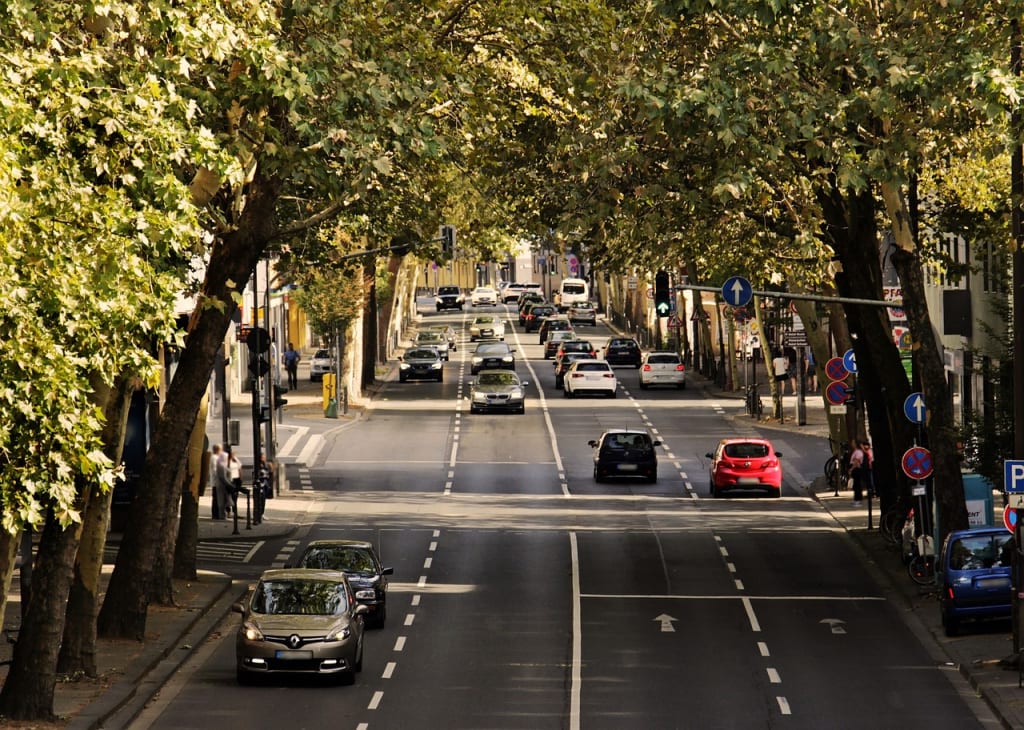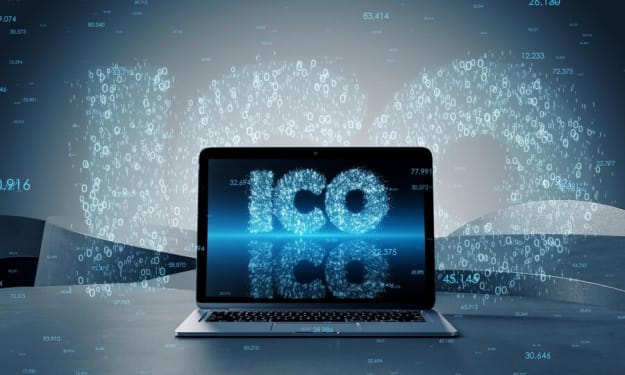The Future of Transportation: Revolutionizing the Way We Travel
"The Road Ahead: Transforming Travel through Futuristic Transportation Innovations"

Transportation is an integral part of our daily lives, enabling us to commute, explore new places, and connect with people and opportunities. Over the years, we have witnessed remarkable advancements in transportation technology, from the invention of the wheel to the development of automobiles, airplanes, and trains. However, the future holds even more exciting possibilities as we stand on the brink of a transportation revolution that promises to transform the way we travel.
One of the most groundbreaking concepts that is set to revolutionize transportation is autonomous vehicles. Self-driving cars have been a subject of fascination and speculation for quite some time, but recent technological advancements have brought them closer to reality. Autonomous vehicles have the potential to enhance road safety, reduce traffic congestion, and improve the overall efficiency of transportation systems.
Imagine a future where you can simply sit back, relax, and let your car take you to your destination while you catch up on work, read a book, or enjoy entertainment. With self-driving cars, the need for car ownership may diminish as ride-sharing services and fleets of autonomous vehicles become more prevalent. This could lead to a significant reduction in traffic congestion, as vehicles can communicate with each other to optimize routes and minimize delays.
Another exciting development in transportation is the advent of hyperloop technology. Hyperloop is a high-speed transportation system that uses near-vacuum tubes to transport pods at incredibly high speeds. These pods can potentially reach speeds of over 700 miles per hour, allowing passengers to travel between cities in a matter of minutes. Hyperloop systems could revolutionize long-distance travel, making it faster, more sustainable, and accessible to a wider population.
Furthermore, the future of transportation includes the integration of electric vehicles (EVs) on a larger scale. As concerns about climate change and air pollution continue to grow, the need for greener alternatives to traditional fuel-powered vehicles becomes more urgent. Electric vehicles offer a cleaner and more sustainable mode of transportation, with zero tailpipe emissions. With advancements in battery technology, the range of EVs is increasing, and charging infrastructure is becoming more widespread. In the future, we can expect electric vehicles to dominate the streets, leading to a significant reduction in greenhouse gas emissions and a cleaner environment.
The future of transportation is not limited to land-based vehicles. Aviation is also undergoing a transformation with the development of electric and hybrid aircraft. Electric planes offer the potential for quieter, more fuel-efficient, and environmentally friendly air travel. Although electric planes are currently limited in terms of range and passenger capacity, ongoing research and innovation are expected to overcome these challenges, opening up a new era of sustainable aviation.
In addition to technological advancements, the future of transportation will also be influenced by the concept of smart cities. With the proliferation of Internet of Things (IoT) devices and advanced data analytics, transportation systems will become more interconnected and efficient. Smart traffic management systems will optimize traffic flow, reduce congestion, and provide real-time information to travelers. Integrated public transportation networks will offer seamless multimodal journeys, combining various modes of transportation such as buses, trains, bikes, and even drones.
The revolution in transportation will not only impact the way we travel but also have far-reaching effects on society as a whole. Access to transportation plays a crucial role in economic development and social mobility. The advancements in transportation technology will enable better connectivity, particularly in underserved areas, and bridge the gap between urban and rural communities. It will create new job opportunities, transform industries, and reshape urban planning and infrastructure.
However, along with these opportunities come challenges that need to be addressed. Ensuring the safety and security of autonomous vehicles, developing robust charging infrastructure for electric vehicles, and managing the integration of new transportation technologies into existing systems will require careful planning, regulations, and investment.
The future of transportation is exciting and holds immense potential. It promises to revolutionize the way we travel, making it safer, more efficient, and environmentally sustainable. As we embrace these transformative technologies, it is crucial to ensure that they are developed and implemented with a focus on inclusivity, accessibility, and the well-being of both individuals and communities. The transportation revolution is underway, and the possibilities are limitless. Buckle up and get ready for an extraordinary journey into the future.





Comments
There are no comments for this story
Be the first to respond and start the conversation.